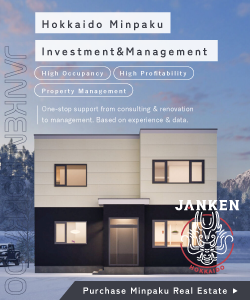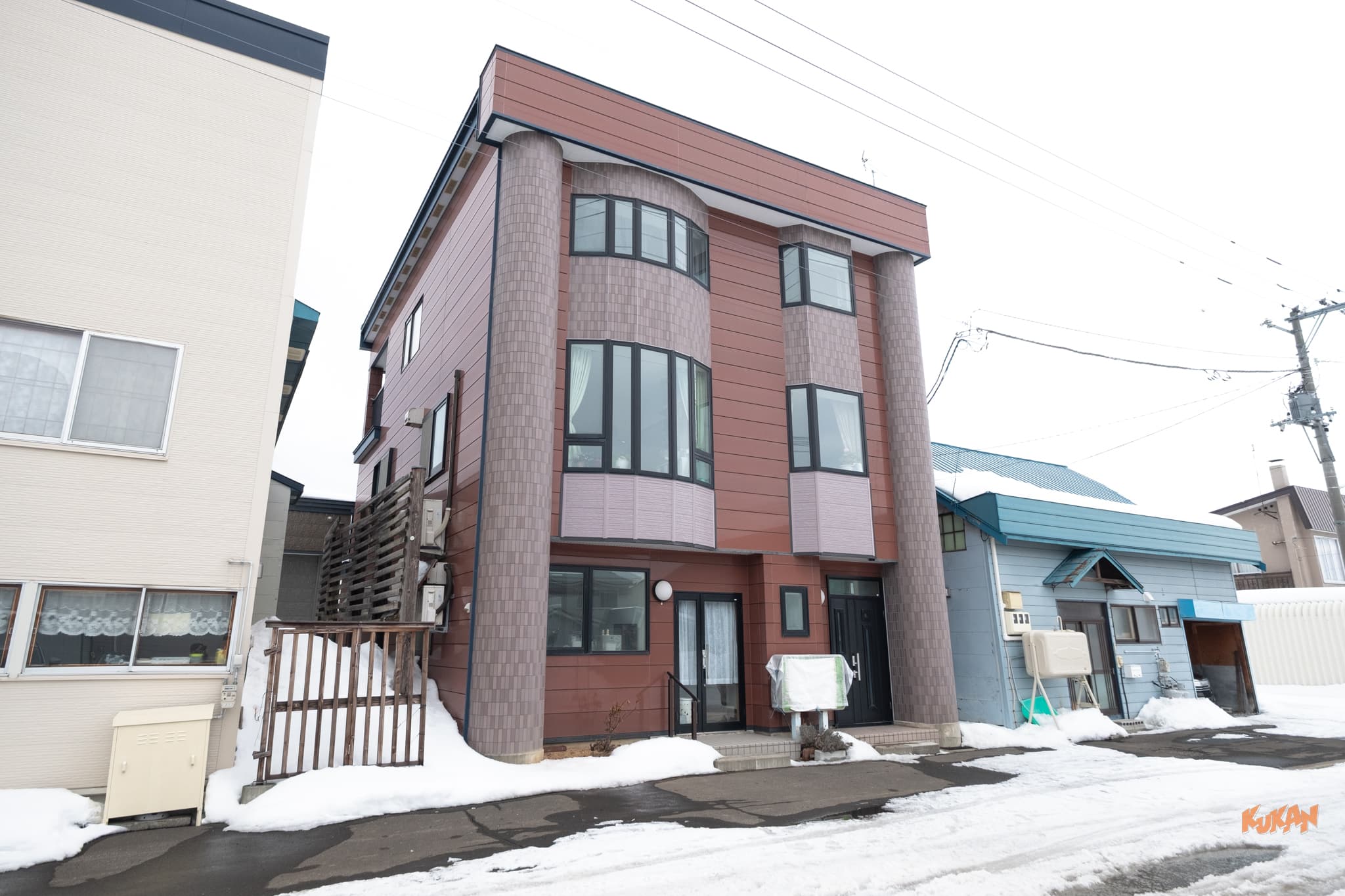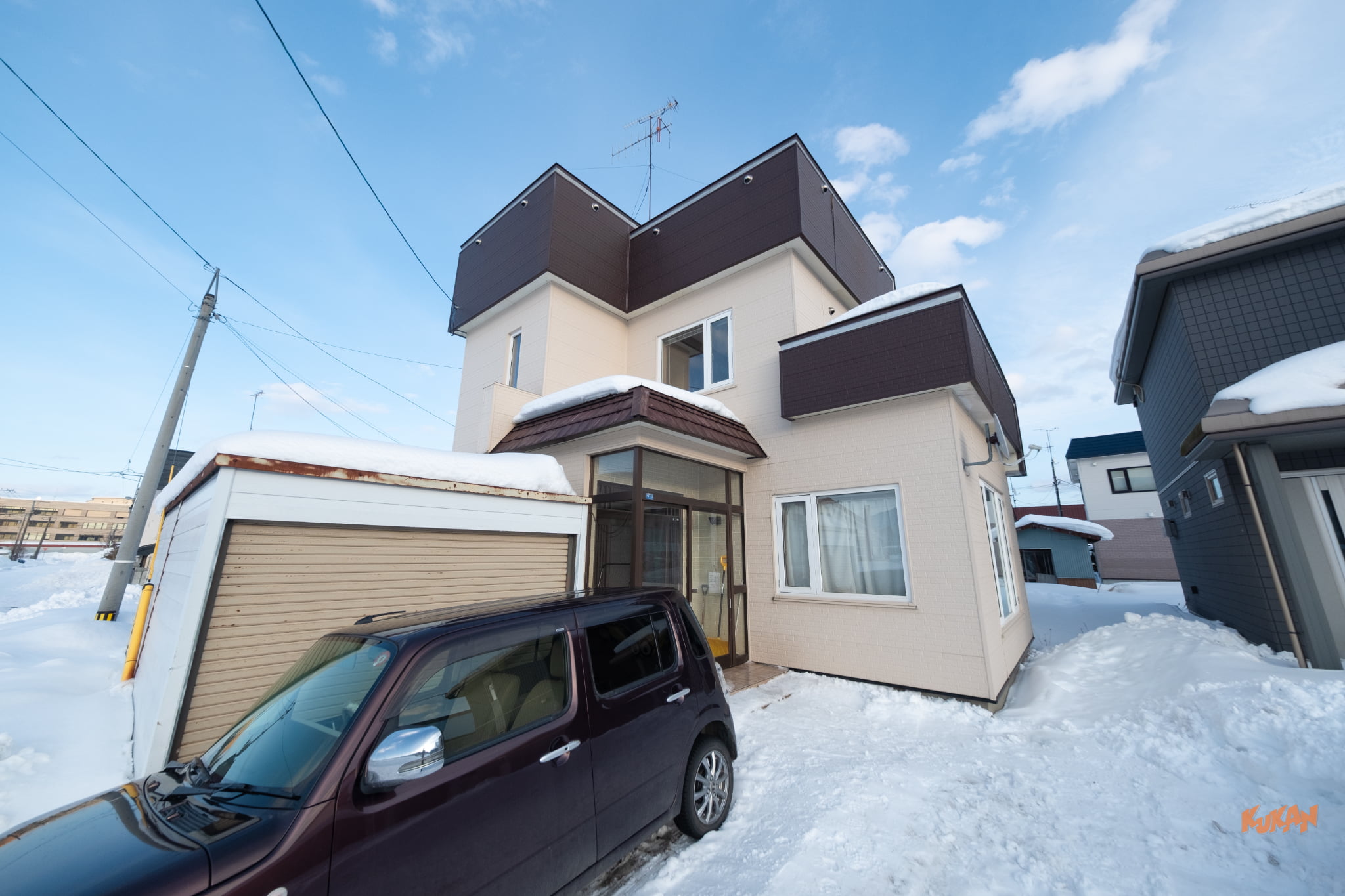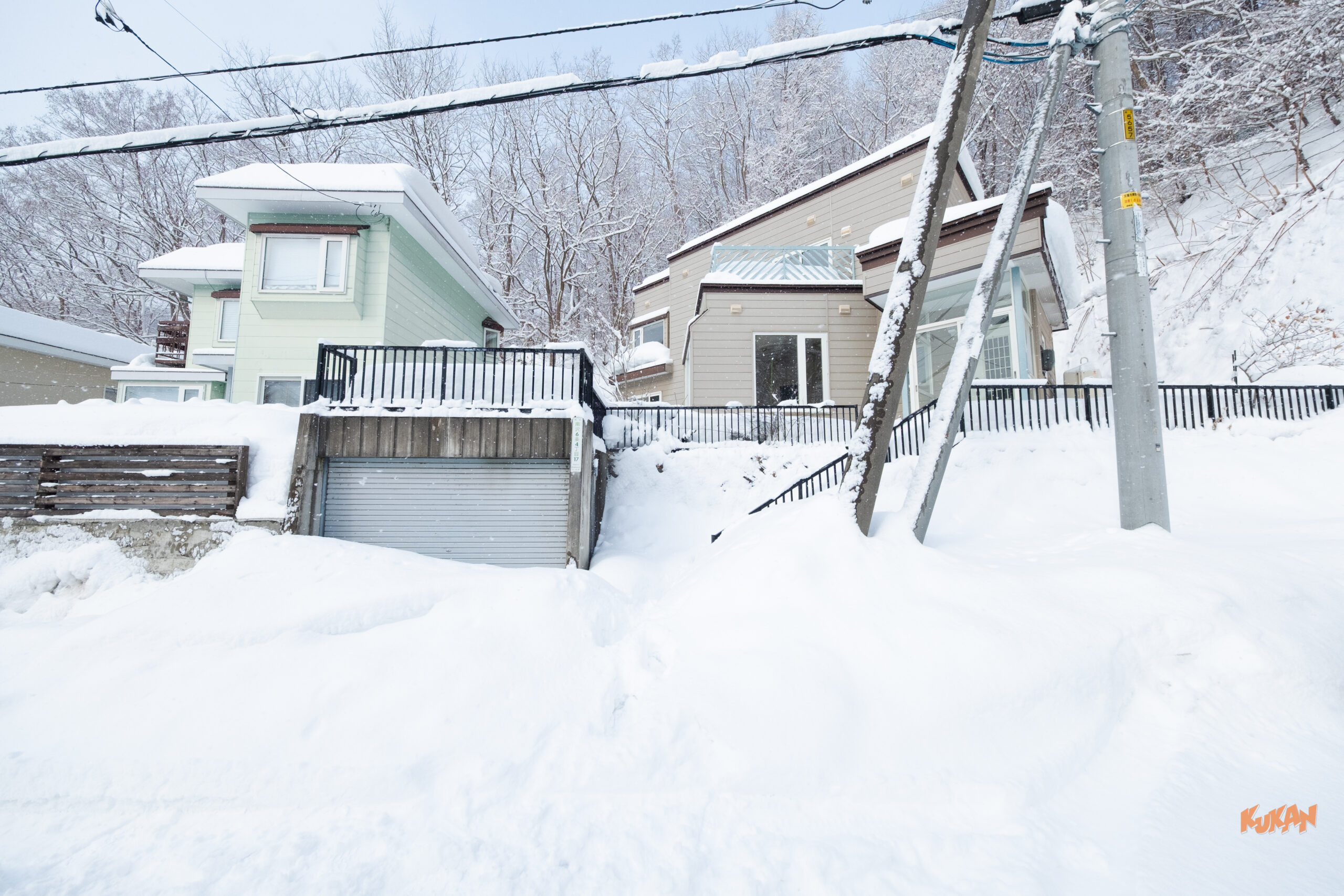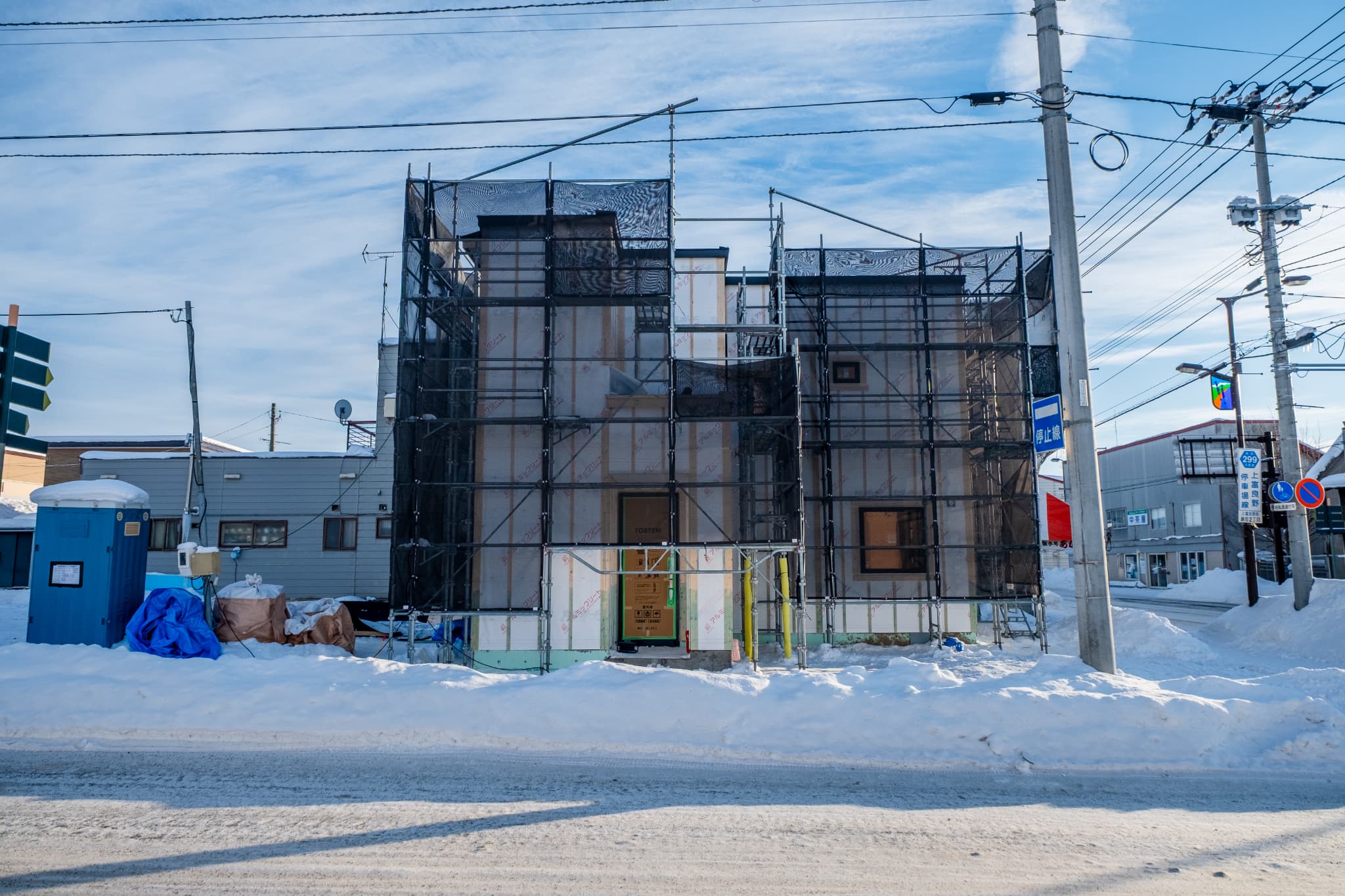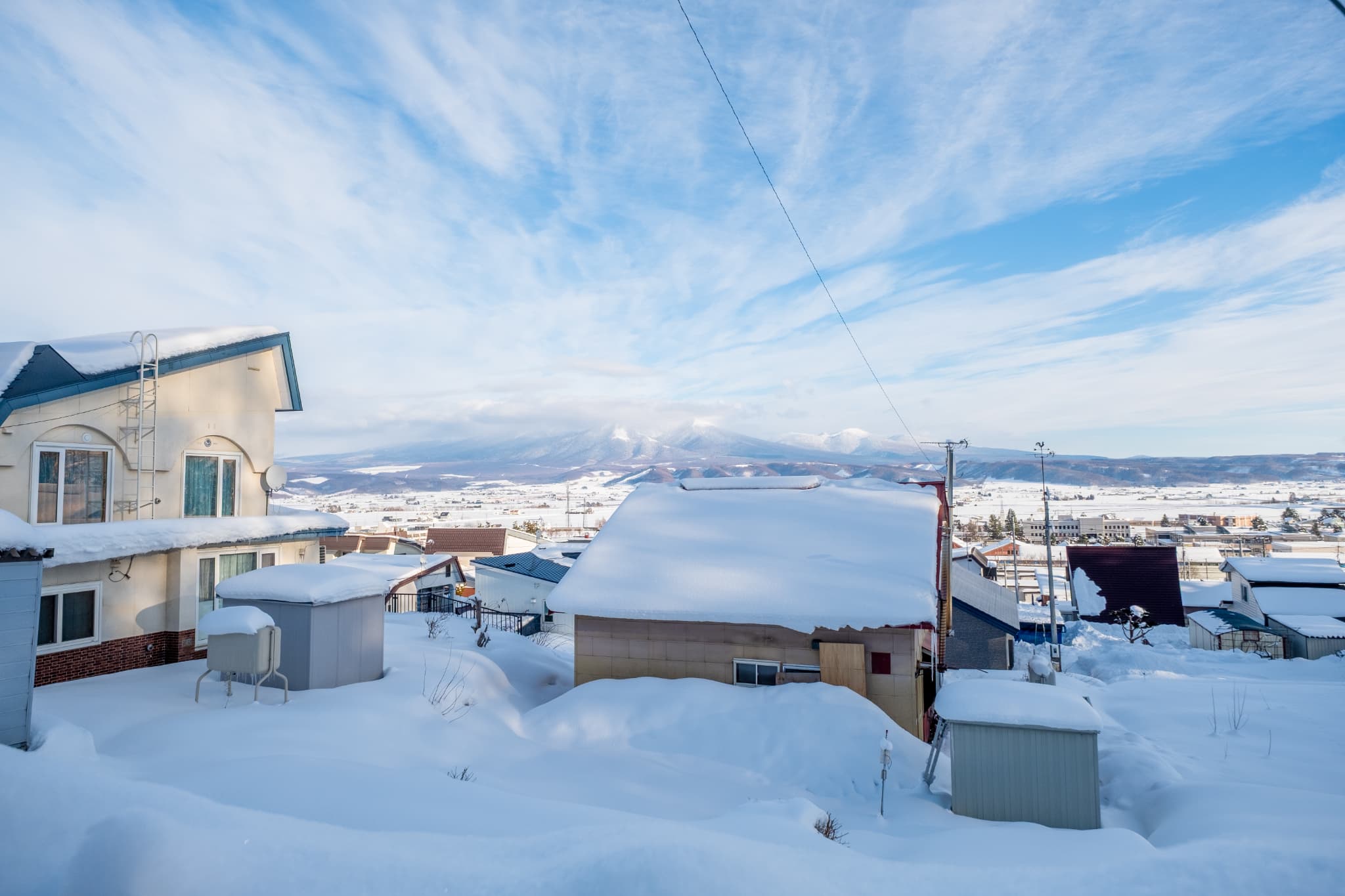Unlocking Property Potential: Japan’s Vacation Rental Pros and Cos Revealed
2023.10.22

Compared to stock trading, real estate investment offers lower risk and enticing returns.
Its stability has made it a popular choice among those pursuing side jobs, newly legitimized by work reforms.
Among the various real estate ventures, one stands out in the spotlight.Enter: vacation rental investment.
This burgeoning invest approach has its pros and cons. Dive in to explore its facets and broaden your property portfolio!
Contents
What’s this new form of real estate investment called vacation rental?
Let’s kick off with a brief on vacation rental invest itself.
It’s a fresh perspective in property investment that’s yet to be fully explored.
Just being in the know can significantly widen your horizon!
How does it differ from traditional rental management?
Typically, real estate investment means buying apartments or condos and collecting monthly rents from tenants.
In regular rental management, you usually lock in tenants with year-long contracts.
On the other hand, vacation rentals focus on daily stays, being accommodation facilities.
As a result, while the income in traditional rentals is a fixed monthly sum, vacation rentals can fluctuate based on the number of stay days and guests.
Diving Deep into Vacation Rental Investment in Japan: Which Strategy Fits You Best?
While ‘vacation rental invest’ might sound straightforward, there’s more than one way to approach it.
Broadly, there are three primary methods for managing vacation rental properties in Japan.
Let’s unravel the pros and cos of each.
①Owning the property and running the vacation rental
Pros:
- If it’s a property you already own, initial costs are minimized.
- Can utilize an otherwise vacant property.
- All the revenue directly benefits you.
Cos:
- Handling guest communications and other tasks can be cumbersome.
- If you don’t own the property already, initial costs can be high.
②Delegating vacation rental management to an agency
Pros:
- Reduced personal workload as the agency handles operations.
- Agencies bring accumulated know-how for stable management.
Cos:
- Commission and other fees increase operating costs.
③Subletting a rented property for vacation rental (subleasing)
Pros:
- No need to own the property, hence lower initial investment.
Cos:
- Monthly rent payments are a must (often set higher for subleasing).
- Some rental contracts prohibit subleasing, making it impossible for vacation rental usage.
As evident, the method’s pros and cos can differ vastly.
Choosing a strategy that resonates with you is pivotal for successful vacation rental investing in Japan.
Why Is Everyone Buzzing? Unveiling the Top 3 Advantages of Investing in Vacation Rentals in Japan
Once you’ve grasped the concept of vacation rental investing, the next burning question is: “Why opt for vacation rental investing?”
Let’s dive into the unmatched advantages of this lucrative investment avenue in Japan.
1. Soar Above Traditional Rentals with Enhanced Profitability
Traditional rental management usually sets a monthly fixed rent.
In contrast, vacation rental management charges per night, often yielding higher returns.
While it might seem less predictable than a fixed rent, the potential to rake in bigger profits is undeniable.
Moreover, unlike fixed monthly rents, you can easily adjust vacation rental prices based on demand.
Opt for reduced rates during off-peak seasons to draw in guests.
Or, charge premium prices during high-demand periods, ensuring maximum profit.
Indeed, such pricing flexibility in the vacation rental sphere is a significant game-changer!
2. Say Goodbye to Hefty Restoration Bills
In conventional rentals, long-term tenants inevitably lead to increased wear and tear.
Often, you’d find yourself shouldering substantial property restoration costs post tenancy.
However, with vacation rentals, short-term stays mean fewer damages and repairs.
The prospect of dodging those regular restoration bills? Certainly a financial boon!
3. The Age of Your Building? Not a Deal-breaker Here!
For traditional rentals, the comfort of long-term tenants is crucial.
Thus, newer, even if inconveniently located properties, tend to gain more traction.
But, vacation rentals flip this narrative.
It’s all about the experience, the ‘stay’.
Travelers prioritize easy access to their subsequent destinations.
Hence, in vacation rentals, location trumps building age.
Got an older property near a station? In the vacation rental world, it’s nothing short of a goldmine!
Thinking of Owning a Vacation Rental in Japan? Beware of These 4 Cons Before You Invest!
1.Costly Infrastructure Investments
Vacation rentals, being accommodation facilities, demand basic amenities like refrigerators and microwaves to ensure guest comfort.
If previously purchased items age or break, as the owner, you’ll need to replace them.
While in regular rentals, the tenants typically bear such costs, in vacation rental management, the burden is on the owner.
2.Limited Operational Choices by Location
Have you heard of the term “Special Zone Vacation Rental” in Japan?
These are specific zones, abbreviated from “National Strategic Special Zones”, which contribute to Japan’s sustainable economic growth.
These zones enjoy various regulation reforms, including provisions for running “Special Zone Vacation Rentals.”
Operating under this scheme offers perks like no need for a permanent front desk and no annual operating day limits.
However, not every area is a designated strategic zone, limiting where these benefits apply.
Outside these zones, you’re capped at 180 operating days annually.
This poses a challenge in vacation rental property management due to restricted operational choices.
3.Numerous Procedures Before Starting Operations
Launching a vacation rental is a proper accommodation business, requiring multiple official notifications.
This includes ensuring the property complies with fire regulations and applying for the aforementioned “Special Zone Vacation Rental.”
Just securing the property isn’t the end!
Thoroughly check whether the chosen property legally permits vacation rental operations to avoid future regrets.
4.Highly Sensitive to Current Affairs
Like the tourism industry, vacation rentals are profoundly affected by surrounding situations.
For instance, the pandemic that started in 2020 greatly impacted the profitability of vacation rentals, causing significant losses for owners and operators.
Factors like deteriorating international relations, leading to a decrease in foreign tourists, can also negatively influence the vacation rental industry.
It’s essential to consider potential external factors that can disrupt revenues.
Always have a backup plan to repurpose the property if the need arises.







